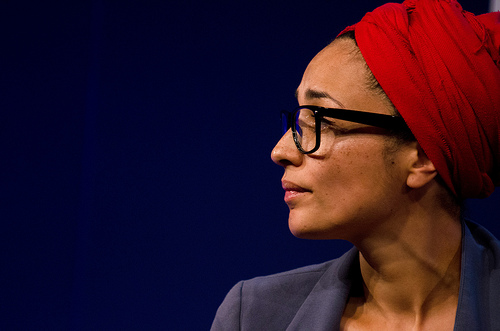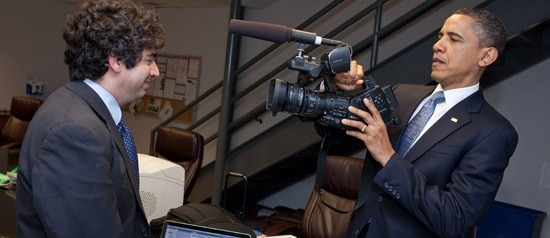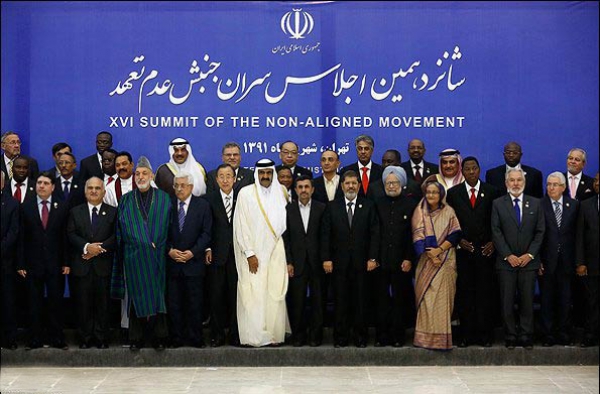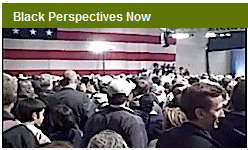Zadie Smith: Life After
British author Zadie Smith became an instant literary success upon the publication of her first book White Teeth in 2000. The novel is a semi-autobiographical tale about living in London’s new multicultural landscape. Many of her subsequent books including her latest work NW examine the intersection of race, class and identity. In the 13 years since White Teeth’s publication, racial politics and the publishing world have evolved tremendously. Recently, she came to Boston to discuss life in Obama’s America and why writing online is the new normal.
Smith has been a tenured creative writing professor at New York University for the last three years. It was announced last year that her third book On Beauty will be adapted into a film and the BBC film adaptation of White Teeth has finally been put out on DVD and online streaming formats. The Internet and media have made seismic shifts in the way the written word is shared with readers.
Like many of her contemporaries, Smith contemplates why she should continue to write in the digital age. Writers not only have to contend with book reviewers at major newspapers and magazines, but also with social media critics, as well as have to fight copyright infringement to protect their work online. She says today there is no difference between fake and real writers, as anyone now can be considered a published writer with the click of a mouse.
“Some might say it is harder to write now than it was years ago,” Smith said. “How will writers be paid online? I have no idea.”
Maybe a culture tax she suggested.
However, she also says that the Web can be a great place for writers too. She spends a lot of time reading blogs, and not just literary blogs, but a lot of the “trashy blogs” the rest of us read. Writing online has also created a new intimacy with her readers that has helped inform her writing. But she is still a fan of the printed, written word. Smith says she owns over 10,000 books by authors ranging from Vladimir Nabokov to Zora Neale Hurston to Jean-Paul Sartre. While many of the books are used as teaching aides, she also enjoys casual reading.
Smith never expected to become a writer, but has been an avid reader since she was a child. She seriously considered becoming an actress at one point, but writing eventually became her true calling while attending Cambridge. The only real writing training she had came from reading other books and having her work critiqued by her classmates. Smith only wrote three and a half essays while in university, but those essays became the impetus for White Teeth.
While a great deal of that book came out of many hours of research at libraries, White Teeth is based on many aspects of her own life. Born in North London to a black Jamaican mother and white British father, identity politics is part of her everyday life.
Smith said before a crowd Wednesday night at Boston’s Museum of Fine Arts that she has many identities including being a liberal, feminist, black woman and British.
She also identifies with President Barack Obama’s multicultural background and his gift of mimicry. Smith wrote this about Obama in 2008:
“Obama can do young Jewish male, black old lady from the South Side, white woman from Kansas, Kenyan elders, white Harvard nerds, black Columbia nerds, activist women, churchmen, security guards, bank tellers, and even a British man called Mr. Wilkerson, who on a starry night on safari says credibly British things like: ‘I believe that’s the Milky Way.’ This new president doesn’t just speak for his people. He can speak them.”
Smith says that she didn’t watch Obama’s second inauguration, as she doesn’t own a television and she is not into the “pomp and circumstance” of such occasions. But she was pleased Obama mentioned climate change in his inaugural speech, since she lives at the tip of Manhattan – ground zero for Hurricane Sandy.
As for her other identity as a writer, she will continue to do that, even as the Internet reinvents content distribution.
“Why I write? Because I am a writer,” she said.



